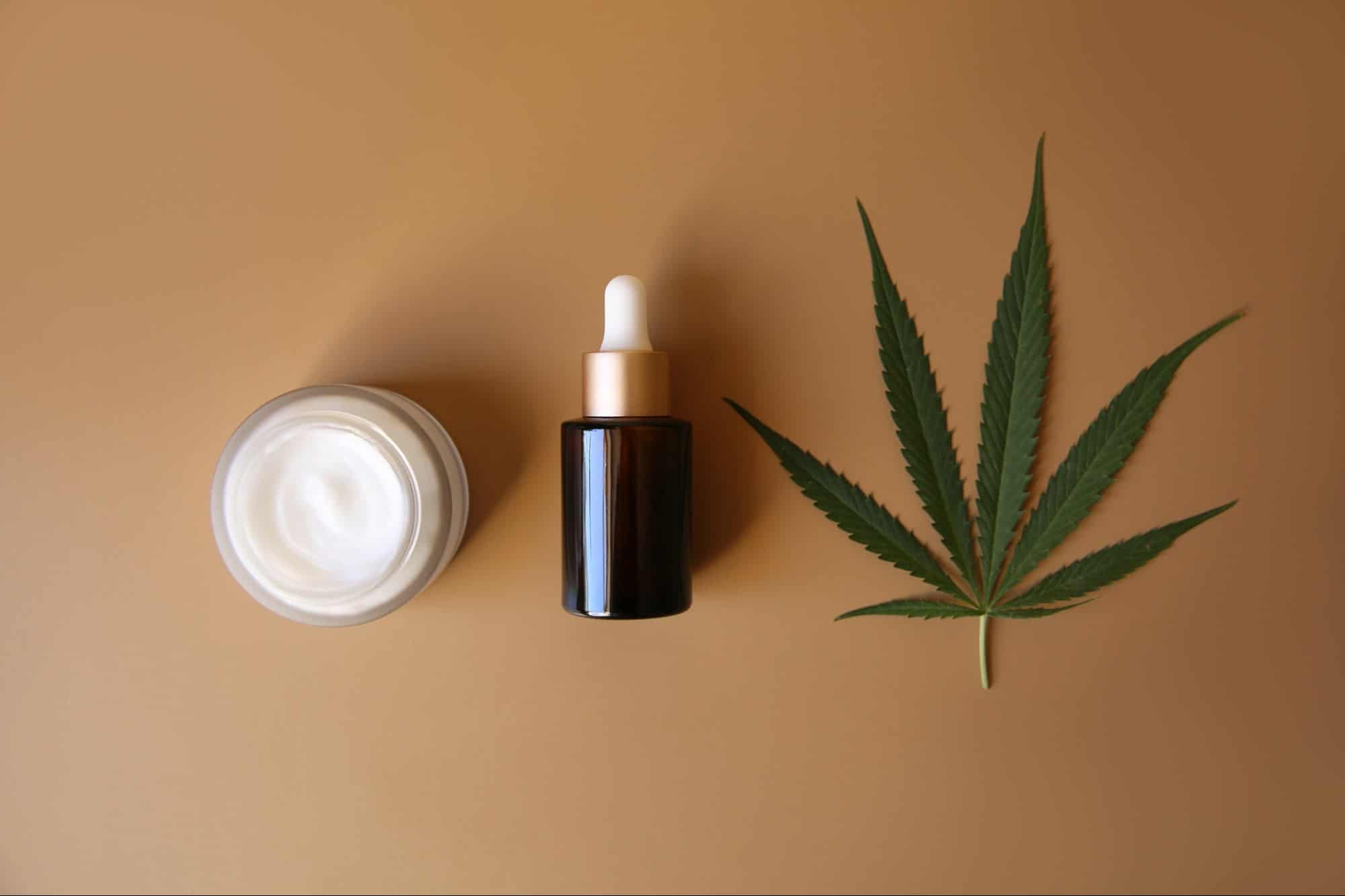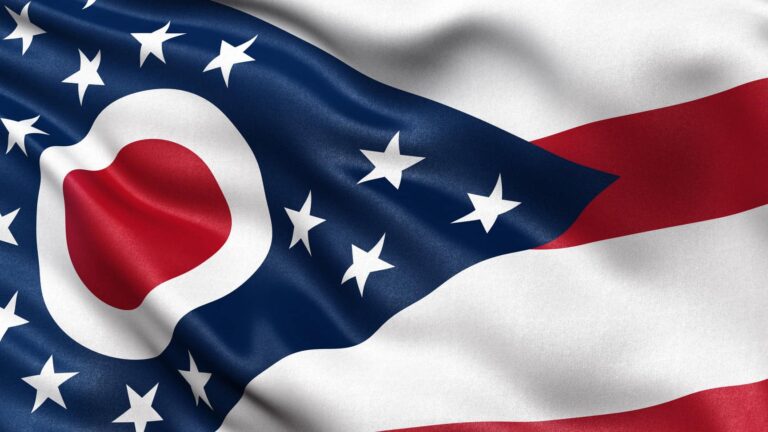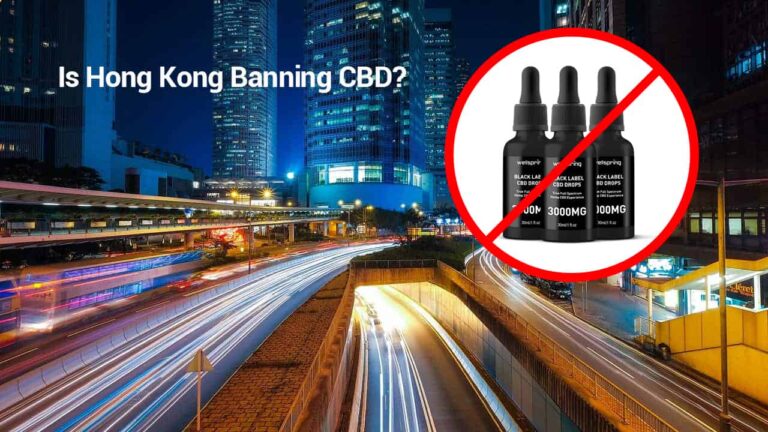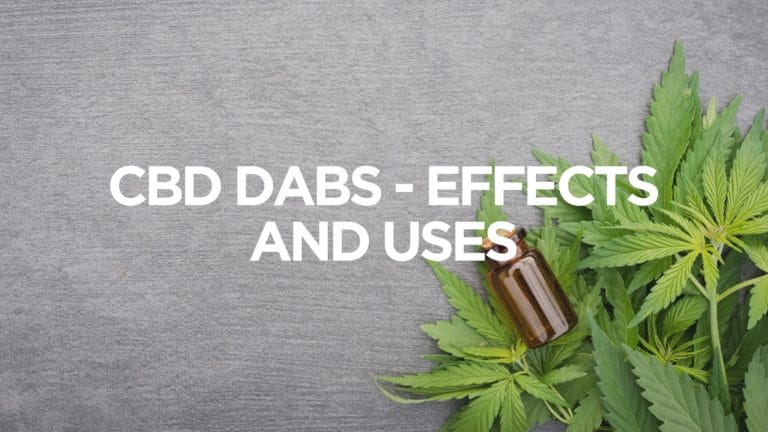
Why Did California Quietly Ban CBD Cosmetics?
Why on earth is California so backward when it comes to hemp and the addition of hemp derived CBD oil in virtually any consumable good in the state?
A few years back, the CA Department of Health (CADH) set forth some vague guidance that essentially attempted to restrict the inclusion of hemp derived CBD in foods, drinks, cosmetics, or supplements.
And the latest guidance is not very promising for our burgeoning industry. Especially in the state with the largest cannabis market in the US.
CADH’s latest information is that hemp CBD is an adulterant, and that they skipped standard operating procedures and essentially attempted to ban CBD from any consumable. And their stance is even more draconian than the FDA and their stance on hemp in cosmetics.
That stance is quite disappointing, to say the least. You have large international companies with a large presence in CA coming out with their own CBD cosmetics, like Sephora, Estee Lauder, and mega-corp Unilever. This, on top of all of the other growing California brands like CBD For The People, Imbue Botanicals, PlusCBD, HempMeds, and many more.
What do you think about California’s stance on CBD? Do you know any businesses affected by this ban in your area? Leave a comment below, and let’s discuss!
This story originally appeared on Cannabis.net Cannabidiol (CBD) in cosmetics has been making a buzz over the last few years. Though CBD is widely consumed in food and drink, using it in skin products including cosmetics has substantial benefits especially in fighting inflammation and common skin problems. As a result, customers are demanding more CBD cosmetics and brands have responded. In fact, the CBD cosmetics market is expected to grow as much as $3 billion from 2020-2024. However, the state of California isn’t a big fan of this market. Related: Why It’s Not Too Late to Tap into the CBD Market Tight rules on CBD Back in 2018, the California Department of Health (CDPH) released an FAQ saying that hemp-derived CBD can’t be added to any consumable product whether it’s dietary supplements, food, or beverages. Its stance towards cosmetics was vague as best, but the state still has authority […]
Click here to view original article… www.greenentrepreneur.com


